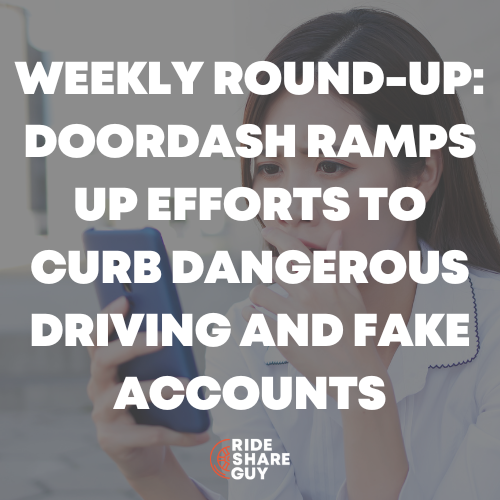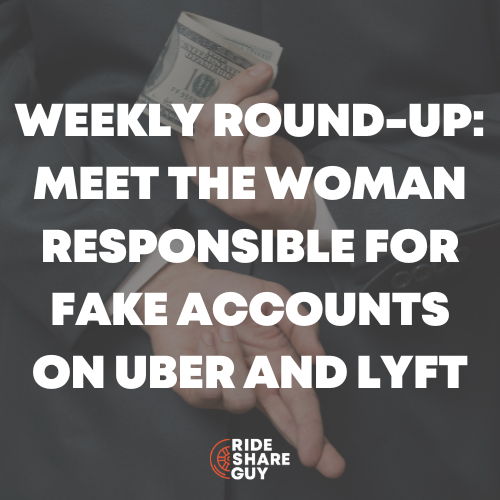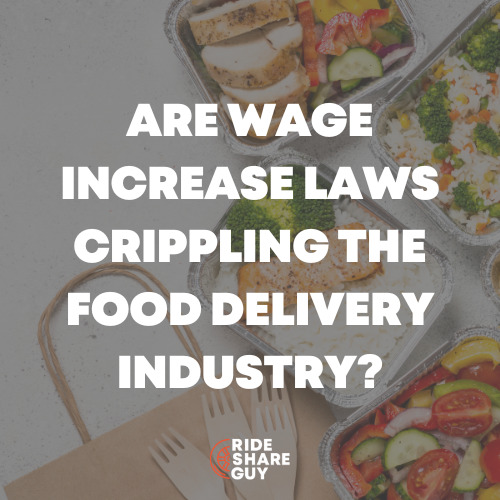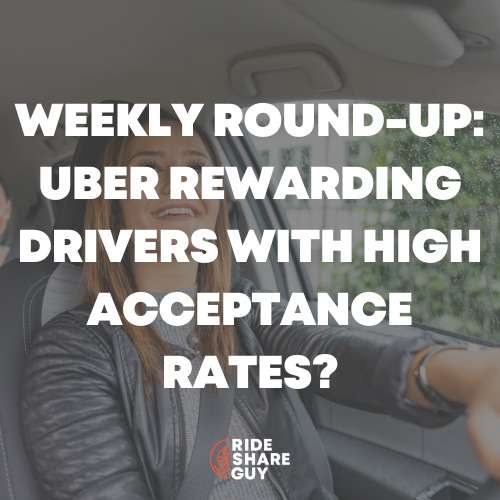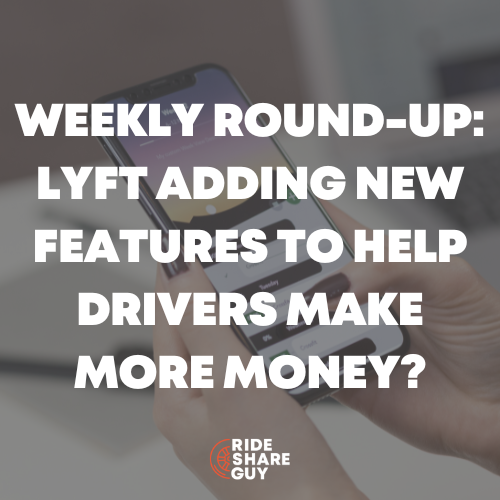As Uber and Lyft continue to pursue 2019 IPOs, the stakes are ramping up. Uber tries something daring with delivery, and new research could show Uber/Lyft’s impact on driving fatalities nationwide. Senior RSG contributor John Ince covers all that and more in today’s round up.
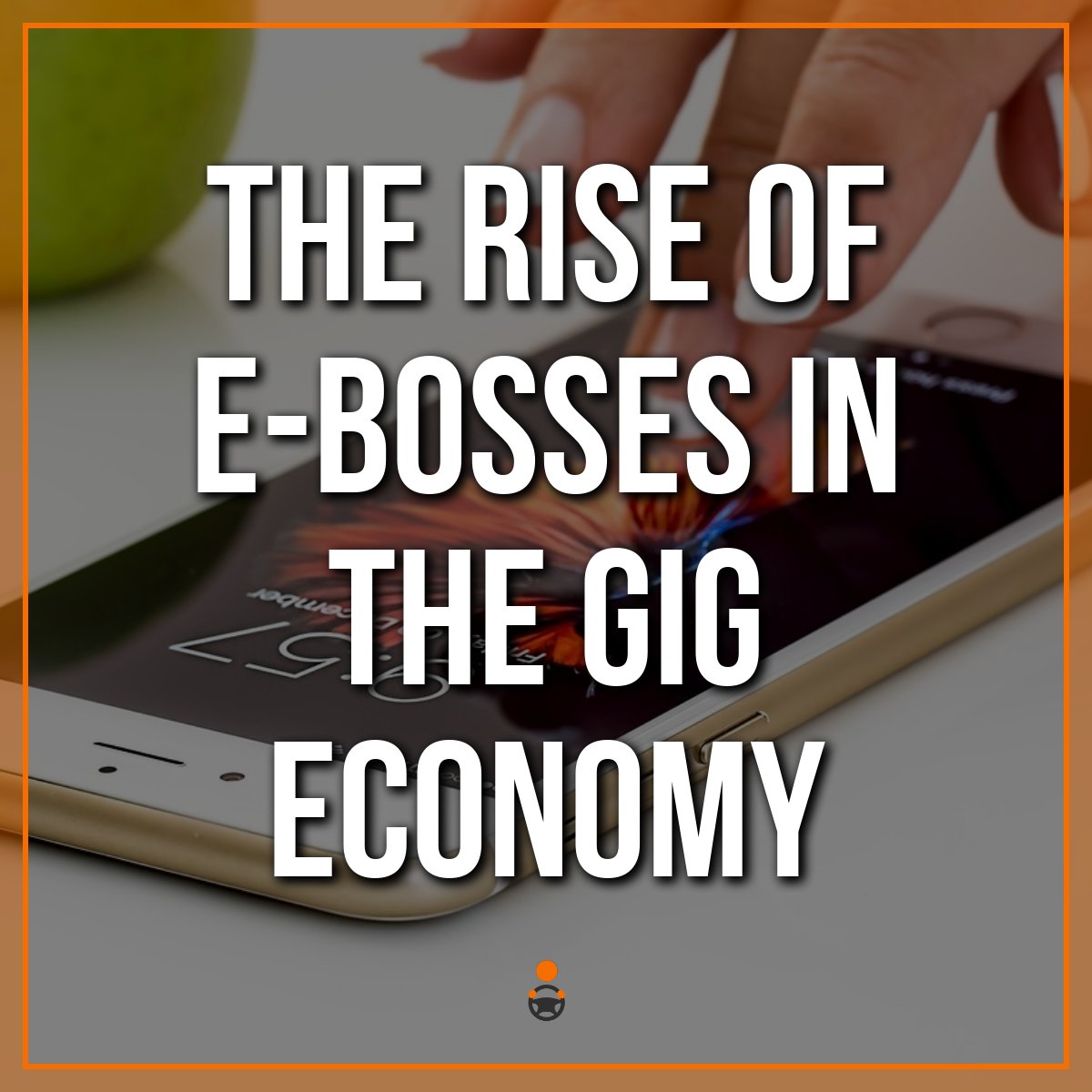
When Your Boss Is an Algorithm [Slate]
Sum and Substance: For her new book, Uberland: How Algorithms Are Rewriting the Rules of Work, Alex Rosenblat reported extensively on Uber by speaking to its employees, examining its labor practices, and riding around with Uber drivers for thousands of miles. Her book thus functions as an examination of both how Uber’s algorithms are changing the way companies operate and exert control over their workers and how those workers are experiencing these changes.
I recently spoke by phone with Rosenblat, who is also a technology ethnographer and a researcher at Data & Society. During the course of our conversation, which has been edited and condensed for clarity, we discussed what Uber drivers really think of the company they work for, the superficial—and real—differences between Lyft and Uber, and whether Uber has changed since the departure of founder Travis Kalanick.
Isaac Chotiner: What was the main thing you wanted to learn when you set out to report this book?
Alex Rosenblat: I think what I set out to do was qualitative research on how drivers were experiencing their working conditions. But at the same time, I was quite immersed in the scholarly literature from law to theology and even some computer science about the broader impact of technology on society. And so I was always looking at drivers’ experiences through two lenses.
One would be watching them navigate the app or making choices between Lyft and Uber, or trying to opt out of Uber Pool with mixed success, and I would watch them try to interact with their algorithmic manager and customer support. And at the same time, I’d look at the experiments that Uber was making on driver pay or optimizing for new features, and I would contrast that with these other big internet platforms in Silicon Valley like Facebook and Google. How is the culture of Silicon Valley affecting work in ways that produce unexpected results?
And how is it?
The first would be that although Uber claims that drivers are entrepreneurs and classifies them as independent contractors, my research has found that they’re actually managed by a boss, it’s just an algorithmic boss, and algorithms are basically just rules encoded in software. They enact the rules that Uber sets out for how drivers should behave on the job. And this is quite interesting because many drivers prefer to have a faceless boss instructing them on how to behave because it’s a little less disruptive than a human boss who is not great and might yell at you. But at the same time, an algorithmic manager can intervene in much more granular ways in how you behave, like when you rate too harshly or accelerate too quickly, or when a passenger claims that you’re drunk.
Those have immediate consequences on your work, and that type of on-the-spot engagement and intervention shows us that, actually, platforms can shape the choices we make even if they don’t appear to be curating our experience in any obvious way, like an editor would…
My Take: This is the article/book I’ve been wanting to write for a long time now. It’s a subject that doesn’t get much attention because it’s so abstract and difficult put into words. What does it feel like to be answerable to algorithms and machines? How does it affect the human psyche to know that some distant software engineer wrote a few snippets of code that now exert strong influence over your life?
It’s a fact of the modern world, and I’m not sure the net effect is healthy. It would be nice to be able reply and respond to these algorithms…. but where would you start?
Uber seeks new executive to make drone food deliveries a reality by 2021 [Wetalkuav]
Sum and Substance: Tech giant Uber have their sights set firmly on the skies as they focus on launching a drone food delivery service in less than three years time.
According to the Wall Street Journal, Uber recently posted a job advertisement seeking a new executive for their drone food delivery program. The new executive of the program, referred to by a company employees as UberExpress, will be tasked with “enabling safe, legal, efficient and scalable flight operations” by 2021.
Getting a project of this complexity ready to go in less than three years is highly ambitious. The regulatory environment is complex and as things currently stand in the United States, drone operators are not allowed to fly their crafts beyond line-of-sight…
Uber have already achieved great success with UberEats, which is already operating in hundreds of countries across the world. They also have ambitions in the longer term for autonomous flying drone taxis.
My Take: Oh my. This is getting surreal. What are they thinking? Hey, flying taxis, so why not flying food delivery? Prices on drones have been coming down… sure, the economics of drone delivery can’t miss…. no drivers to pay or manage. But what about the logistics? Privacy? Mechanical problems, and most important, do we really need drone food delivery?
Somehow these questions never seem to get asked at Uber, or whoever is asking them is ignored. If forced to make an assessment on this, I’d say Uber’s flying drone food delivery service has less than a 10% chance of ever becoming profitable.
Uber, Lyft each looking to go public in 2019 as rivalry heads to Wall Street [USA Today]
Sum and Substance: According to The Wall Street Journal, both Uber and Lyft are looking to go public in the first half of 2019. According to the Journal, Uber’s valuation could come in at $120 billion, making the company one of the most valuable transportation companies on U.S. markets. At a valuation of $120 billion, Uber would be worth more than Honda ($49.31 billion), Tesla ($46.69 billion), General Motors ($45.34 billion), Ford ($34.42 billion) and Fiat Chrysler ($25.15 billion).
One of the few auto companies larger: Toyota ($170.97 billion), though the Japanese auto giant has a stake in the ride-sharing app. The auto giant recently invested $500 million in Uber to give the popular ride-sharing app a valuation of $72 billion in August.
The lofty valuation would also make Uber worth more than the largest IPOs from U.S. companies in the last five years, combined…
My Take: I’m sorry, I just don’t get this. How can Uber be worth $120 when the company continues to lose millions every quarter? I get the growth thing. I get they’re a household name. I get that driverless cars are hot these days.
What I don’t get is how investors expect Uber to start making a significant enough profit to justify this valuation. Then again, investors don’t really care about profit and loss, as long as they can sell their stock for more than they paid for it. Investing is a game, and as long as some key investors don’t want to get left out of the game, the valuations will keep rising.
The meteoric rise of Uber and Lyft may have spurred a deadly outcome, according to new research [LMTonline]
Sum and Substance: A new study from University of Chicago and Rice University researchers shows an uptick in fatal car crashes after Uber and Lyft launched in a city. Prior to the launch of ride-hailing services, fatal traffic deaths hit their lowest number in half a century in 2010, when Uber first began offering rides in San Francisco.
…In the years before Uber and Lyft started popping up in cities across the United States, deadly car accidents were at record lows.
By 2010, just before the ride-hailing services began to expand en masse, the total number of traffic fatalities sank to 32,885 nationwide, the lowest number since 1949, according to government data. But once Uber and Lyft began aggressively expanding, the authors of a yet-to-be-published study have found, those fatal accidents began to slowly rise once again.
My Take: I find it telling that both Uber and Lyft have refused to release data about how many of their drivers have been involved in accidents, or how many have been at fault in accidents, or how many fatalities their drivers or passengers have been involved in. I can certainly understand why these companies might want to keep this issue out of the news. But as new research like this surfaces, it’s going to be very difficult for Uber and Lyft to keep this issue under wraps.
Readers, what did you think of this week’s round up?
-John @ RSG
